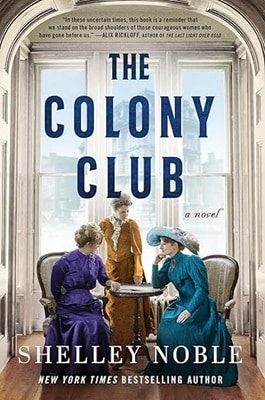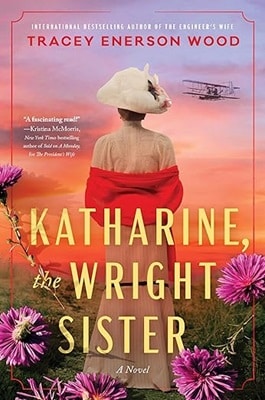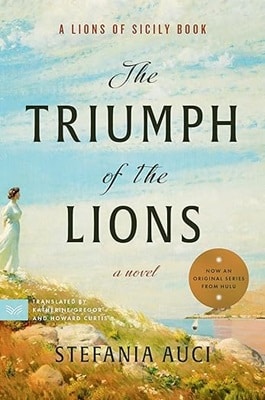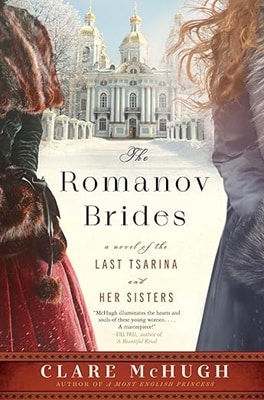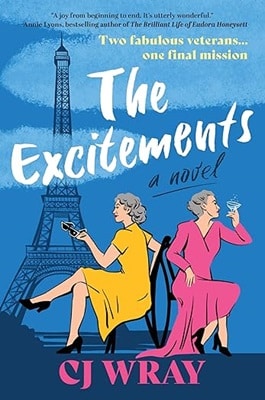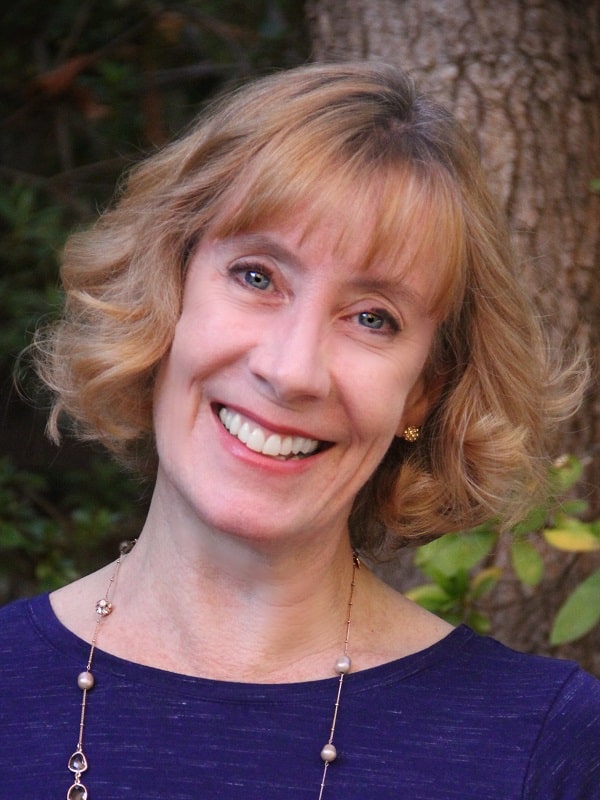
Sarah Sundin
Sarah Sundin enjoys writing about the drama and romance of the World War II era. She is the bestselling and Christy Award-winning author of Midnight on the Scottish Shore (February 2025), Embers in the London Sky (2024), The Sound of Light (2023), Until Leaves Fall in Paris (2022), When Twilight Breaks (2021), and several World War II series.
Sarah’s novels have received starred reviews from Publishers Weekly, Library Journal, and Booklist. Until Leaves Fall in Paris received the 2022 Christy Award, The Sky Above Us won the 2020 Carol Award, The Sound of Light was a finalist for both the Christy Award and the Carol Award, and When Twilight Breaks and The Land Beneath Us were finalists for the Christy Award.

Tod Lending
Mr. Lending is a debut novelist and an Academy Award™-nominated and national Emmy-winning documentary producer, director, writer, and cinematographer. Over the past 38 years, his film work has broadcasted nationally on major US networks and internationally throughout Europe, Asia, and the Middle East. His films have been screened theatrically, awarded at national and international festivals, including the Sundance Film Festival, Kraków Film Festival, screened at Lincoln Center and the White House. He is currently at work on his second novel, Displaced, set in 1982 Chicago—a crime story steeped in moral dilemmas while haunted by the lingering shadows of persecution.
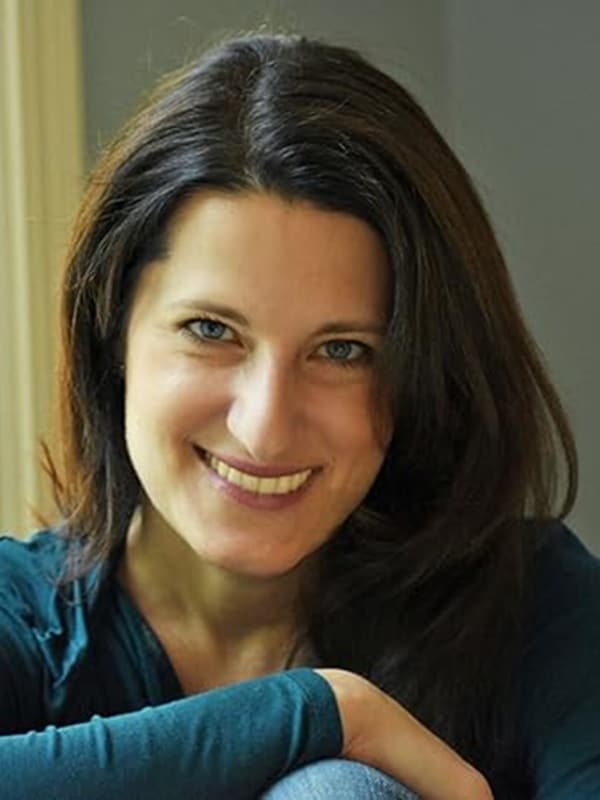
Suzanne Nelson
Suzanne Nelson is the author of “A Tale Magnolious,” as well as “Serendipity’s Footsteps,” a Sydney Taylor Honor Book and CCBC Choice for Young Adult Fiction. She is also known for her foodie romance middle grade novels, including “Cake Pop Crush,” “Macarons at Midnight,” and “Hot Cocoa Hearts.” She is a shameless fan of “The Sound of Music,” Hershey’s kisses, Charlotte Bronte, and Jane Austen, and can often be caught daydreaming of romping about gothic castles in lovely Victorian gowns. She was born in New Jersey, grew up in Southern California, attended college in Texas, and spent eight years as a children’s book editor in New York City. She now lives in Ridgefield, Connecticut.
Q: Does the setting play a role in the story?
Sarah Sundin: My husband and I are part Scottish. He has been bugging me to write a book set here for years. As I explored it more, I found things that fascinated me. Then my youngest son, a mythology buff, gave me some suggestions—the Scottish legends, especially the story of the Selkie. It tells of a woman who lives as a seal at sea, but as soon as she comes to shore, she sheds her seal skin, turning into a beautiful woman. I started to imagine a German female spy landing in Scotland and being captured by a Scottish man who traps her on land by hiding her seal skin. In this case, the skin was her rubber raft.
Tod Lending: There were numerous ghettos all over Poland, not just in Warsaw. In this book, the setting was in Krakow. I described how the Germans cut off the Jews’ beards and took over ownership of Jewish businesses and belongings. They beat them, abused them, humiliated them, and hunted them like animals. What happened is beyond horrific and unimaginable. I did extensive research. What Reuven and the other characters experienced really happened. I took a little writer’s poetic license with Reuven’s emotional and psychological reactions. I also had a Jewish historian review the book’s facts.
Suzanne Nelson: Lisbon, Portugal had both Allied and Axis spies operating in the city simultaneously. The city was also a major refuge for people fleeing occupied Europe. Unfortunately, they were stalled for weeks, months, and sometimes years because they didn’t have the correct exit papers. The refugees included exiled royals and famous writers and artists, including the Jewish co-authors Margaret and H. A. Rey of the Curious George series. It was a surreal environment where refugees gambled side by side with the Gestapo. Many times, no one knew who was a friend or foe. There was a real sense of loneliness, desperation, and danger among many people.
Q: Did you explore some historical significance in the book?
Tod: Reuven ponders why some Jews survived. This question came from the last documentary I made about two Holocaust survivors. They had answered this question a thousand times and always said, “It was a miracle.” I asked them, was it luck, smarts, or willpower? One story after another was told—how if they had crossed the street at a different moment, they would have been dead. There is a quote by Reuven: “Without rhyme or reason, chance had saved me once again.”
Sarah: The Double Cross Program was established in September 1940. The German military intelligence sent spies to the United Kingdom, but MI5, Britain’s intelligence group, caught every single one. Germany never had an effective agent during the war. Of the Abwehr (German) agents caught, sixteen were executed, but about three dozen were turned into double agents. Some were extremely effective, including one who convinced the Germans that the D-Day invasion was going to Pas de Calais instead of Normandy. Regarding Cilla, I knew there were Dutch women agents who landed in Scotland, so I created my own character. She is much milder than the real spies.
Suzanne: In the book, I explain about wolfram. It is a mineral that contains tungsten, used in artillery manufacturing to create impenetrable armor. Salazar, the Portuguese Prime Minister, allowed trade with both the Axis and Allied countries until a few months prior to D-Day, when he suspended the trade for both. There were black-market dealings and smuggling, with Salazar looking the other way. In the story, Bea and Gable must discover who was selling large amounts of wolfram to the Nazis.
Q: How would you describe your main character(s)?
Suzanne: Selene is charming, a thrill seeker, enthusiastic, brazen, estranged from her family, impatient, affluent, determined, and impetuous. She is also a reluctant seductress—she doesn’t want to be known as a spy who only uses her looks but as someone who uses her mind. Bea is reserved, quiet, has lost her parents, has a photographic memory, wants to be challenged, has good instincts, and is motivated. They were loyal friends—Bea was Selene’s lifeline. Selene sought adventure, dragging Bea along, but by the end of the book, Bea finds her bravery while Selene goes home wounded.
Sarah: Cilla is a double agent—fun-loving, free-spirited, confident, kind, respectful, lonely, isolated, determined, courageous, loyal, witty, and headstrong. She is trustworthy, but no one sees her that way, so she needs to prove herself. Lachlan, the British naval officer who captures Cilla, is determined, frustrated, honorable, ingenious, passionate, honest, vulnerable, dedicated, and protective. They are opposites who attract. Initially, he only sees her as a German spy, but as they work together, they come to trust each other.
Tod: Reuven is a young Jewish man who perseveres. He is resilient, grief-stricken, terrified, lonely, yet brave. At the beginning, he is well-adjusted and has dreams, but as the Nazis take over, he becomes shameful and humiliated. His traumas bring out fear, grief, guilt, and insecurity. There are times he is fearful, fearless, numb, and even suicidal. Zelda is the girl he wants to marry and searches for throughout the book. When reunited, she is distant and has built a wall due to trauma—losing her brothers and enduring sexual abuse. She feels unworthy because of her shame but gradually shows how much she cares for him.
Q: Is there a secondary character(s) that is important to the story?
Tod: Kaja, the Polish farmer’s wife, is profoundly antisemitic. Initially, Reuven is terrified of her, yet they share loneliness. She doesn’t want to be on the farm and fantasizes about city life. She controls Reuven, making him feel overpowered, yet they share tender moments. Stanislaw, the Polish farmer, sees Reuven as both a son and a farmhand. Illiterate but knowledgeable, he earns Reuven’s respect and trust. At times reckless and determined, he becomes a model of strength for Reuven.
Sarah: Neil, Lachlan’s brother, is a central figure in their family’s history of betrayal. They hate each other. Neil is rude, unkind, treacherous, angry, and resentful. Lachlan fights for the Allies, while Neil falls in with Scottish separatists who refuse to support the war effort. Neil is imprisoned for refusing conscription, believing Lachlan has betrayed Scotland. A book quote sums it up: “The Germans love to divide. That is how they conquer.”
Suzanne: Agent Gable is loosely based on MI5’s Agent Garbo. He is a narcissist—charming, volatile, blunt, and confident. He is attracted to Bea but wants control over his feelings. She enjoys putting him in his place. Luca is inspired by Aristides de Sousa Mendes, the “Oskar Schindler of Portugal.” A diplomat who defied orders to save thousands, he was blacklisted. Luca, in the book, has a conscience but is moody, wounded, and gruff. Selene gives him hope, redemption, and love.
In these three novels WWII plays an intricate role. Each delves with a different setting and emphasizes a different part of the war. The Umbrella Maker’s Son by Tod Lending shows the devastation brought upon to the Jewish community in Krakow after the Nazis invaded Poland. Midnight on the Scottish Shore by Sarah Sundin takes reader on a journey with an emphasis on the MI5’s Double Cross Program that had German spies becoming double agents. The Librarians of Lisbon by Suzanne Nelson takes place in neutral Portugal having the allied spies trying to gain the upper hand on their German counterparts.
The Umbrella Maker’s Son by Tod Lending has Reuven Berkovitz at the center of the story. Through his eyes, readers can see the brutality of the Nazis, as well as a local Polish farmer who has never met a Jew yet agrees to hide him because he needs help to work the farm. Unfortunately, the farmer’s wife is not as kind. Eventually Reuven must leave, embarking on a perilous journey through the Polish countryside, determined to reach the Kraków ghetto where he hopes to reunite with Zelda, whose life has also been forever changed by the horrors of the Nazi occupation and war.
Midnight on the Scottish Shore by Sarah Sundin has a plot as a member of the Dutch resistance who infiltrates the local Nazi Party to gather intel. Because it is becoming more dangerous for her, she decides to escape the country by coming up with a plan. She agrees to be trained as a Nazi spy and sent to the U.K. Once dispatched to Britain, she plans to abandon her mission and instead aid the Allies. But her scheme is thwarted when naval officer Lt. Lachlan Mackenzie finds her along the Scottish shore and turns her in to be executed except that British intelligence decides she is more valuable as a double agent.
The Librarians of Lisbon by Suzanne Nelson is a fast-paced roller-coaster ride of deceit, espionage, and danger inspired by real historical figures. The setting of Lisbon plays a significant role because Portugal was a neutral country filled with espionage, romance, and friendship. The main characters are two Boston librarians, Selene Delmont and Beatrice Sullivan, who are trained by the U.S. Office of Strategic Services (precursor to CIA) and assigned to work in Lisbon. Their day jobs are librarians, but they are also assigned missions for which they are sworn to secrecy, unable to reveal even to each other.

